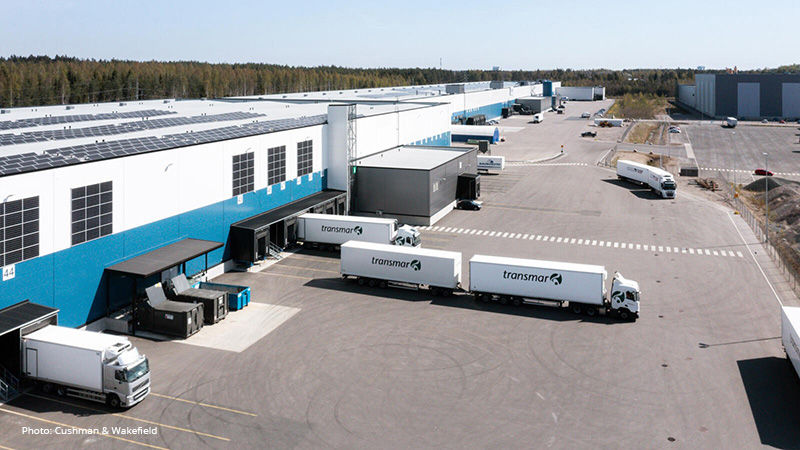Combatting climate change requires effort from everyone, and law firms are no exception. At Castrén & Snellman, our client is always at the heart of our operations, and we strive to be a reliable and skilled partner also when it comes to promoting sustainability.
Green transition through agreements


Minna Korhonen
Related services

In business law, a significant part of our work involves advising our clients on agreements in one way or another. As agreements are a shared tool for us and our clients, it only follows that we assist our clients in achieving their sustainability goals by accounting for these goals in their agreements as well as possible. While there is no one-size-fits-all solution and each agreement is always individually tailored to meet our clients’ needs and wishes, we have nevertheless started drafting standard sustainability clauses in order to promote sustainability. These clauses will be used in the types of agreement often used by our clients.
Many of the clauses are aligned with the Paris climate agreement and the goal of limiting global warming to 1.5 °C. For example, the requirements related to environmental classification certificates in transaction documentation are aligned with the goals of the Paris climate agreement, as are the requirements included in lease agreements on the sustainable use of the object of lease when it comes to green electricity, reduced water usage and smart temperature monitoring and adjustment.
In the construction industry, we strive for zero emissions already during construction by increasingly leveraging circular economy, for example. In financing, financiers look for sustainable financing solutions that finance sustainable projects or the sustainable business of companies.
The current legislation does not steer towards reducing the carbon footprint of the whole life cycle of buildings, which is why financing agreements can give a welcome nudge towards cutting emissions. What’s more, the European Union and the Loan Market Association as well as other industry operators have issued multiple guidelines on green financing in recent years. These guidelines are reflected in financing agreements and their clauses that govern, among other things, the use, monitoring, management and reporting of borrowed funds in project-specific financing.
Sustainability-linked loans, for their part, monitor and measure the borrower’s sustainability performance against key performance indicators (KPIs) and pre-defined sustainability performance targets (SPTs).
Finland aims to be carbon neutral by 2035, while EU aims for the same by 2050. As the built environment is a major source of emissions, it is undisputed that sustainability clauses will become more common in real estate and financing agreements, and we will certainly see a strong increase in sustainability regulation going forward. The current energy crisis plays its part in accelerating the trend of sustainability, and it is easy to see that sustainability clauses in the real estate and financing industries are here to stay.






